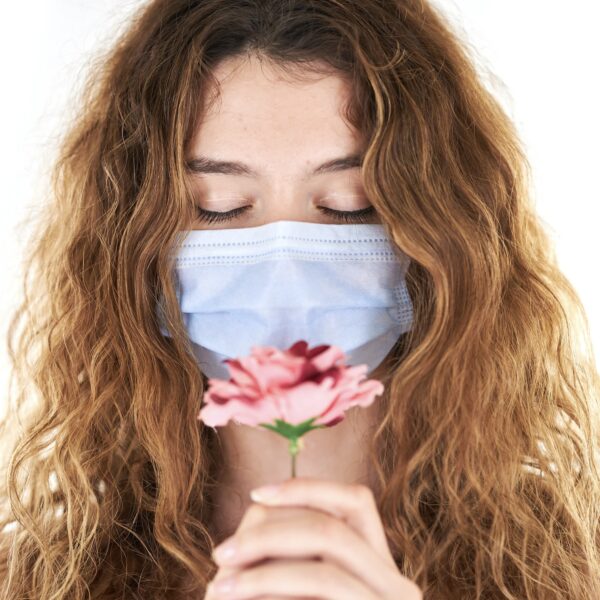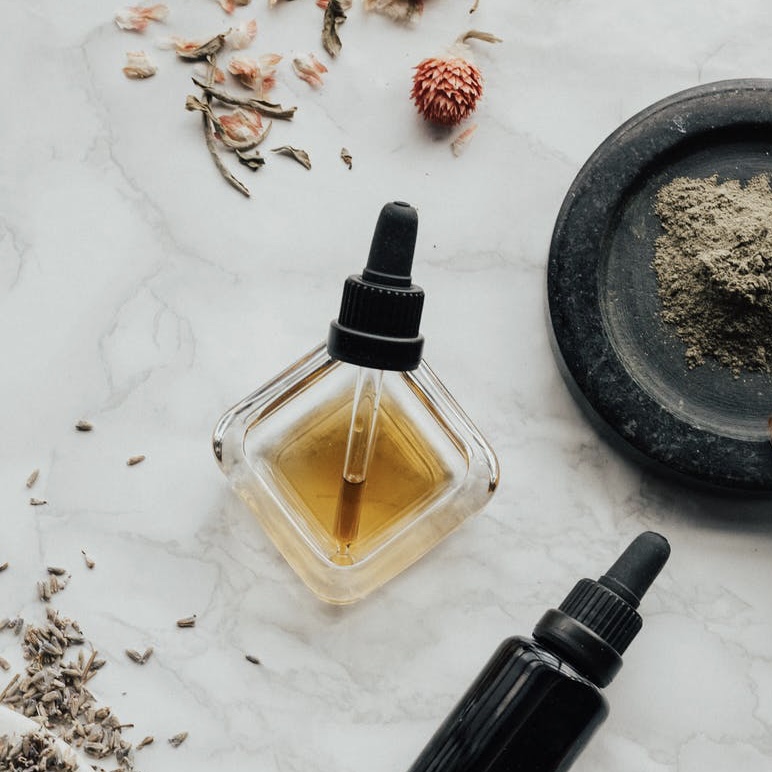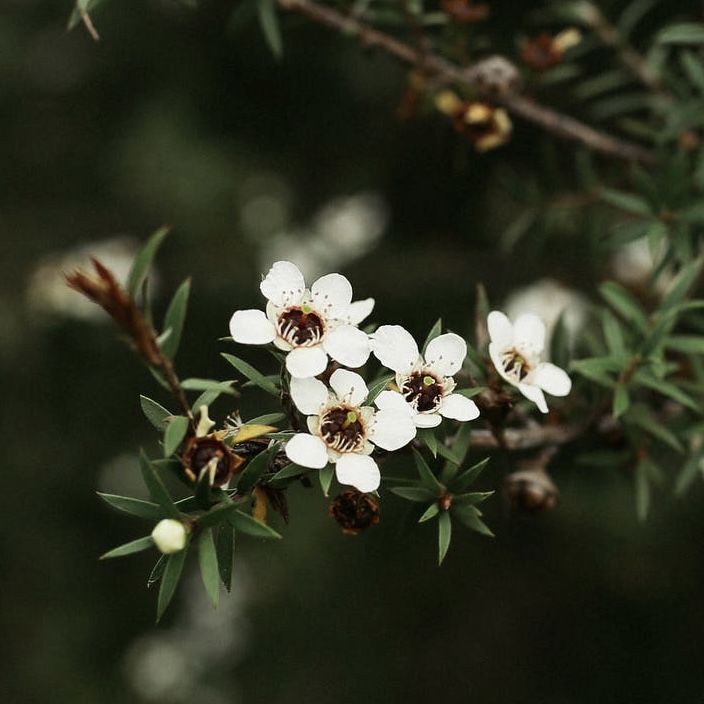
It has been estimated that over 50% of people, including children, who wear masks for extended periods of time suffer from symptoms of “Maskne”.
This is a common thing that I see, especially amongst young people who are having to wear masks for extended periods of time at school and in retail positions wearing masks all day in air controlled environments.
This leads to what is now called “Maskne” or mask-related acne. It has been estimated that over 50% of people who wear masks for long periods of tine suffer from symptoms that include acne breakouts, facial eczema and itchy skin.
What Causes Maskne?
Breathing and talking traps a lot of warm air behind your mask.
The growth of certain bacteria means more chances of infection, leading to skin inflammation
Maskne occurs as a result of friction between a mask and facial skin. The moist, warm air accumulates within the mask and leads to an imbalance in the normal micro flora of the skin. This is known as “Dysbiosis”. Dysbiosis results in an increase of bacteria on the skin causing acne, eczema and skin infections (staphylococcus bacteria and corynebacterium minutissium that prefers moist skin folds such as armpits, groin, elbows and back of the knees). The unhealthy conditions caused by continuous use of masks also contribute to fungal and yeast growths.
How can you reduce Maskne?
It has been shown that a high quality Manuka Oil is a complete treatment for Maskne. It kills bacteria and fungi associated with this condition, reduces inflammation, heals wounds and calms the skin. Manuka oil has high levels of what are called natural triketone compounds which have strong broad spectrum anti microbial properties, reducing inflammatory skin conditons and those associated with Maskne.
Mānuka oil is also a cicatrisant (promoting the healing of a wound). This means it helps heal wounds and reduce scarring through its antibacterial properties and ability to stimulate skin cells. Independent scientific studies commissioned in 2022 by Manuka Bioscience demonstrated that East Cape mānuka oil is significantly more effective at promoting wound healing collagen III production by cells than reference Vitamin C. Mānuka oil also contains high concentrations of the sesquiterpene calamenene which is known to have skin calming and analgesic properties.
Mānuka oil processed the East Cape of New Zealand has a level of β-triketones are more than 30 times higher than oil processed from other regions.
It is the β-triketones that provide manuka oil with its unique antimicrobial properties.
About Mānuka Oil
Common + Folk Names: Leptosperum scoparium, Māori Mānuka, Kahikātoa, NZ Tea Tree, Tea Rose,
Magical Properties: protection, purification and healing rituals.
Traditional uses include: the treatment of burns, scalds, cuts and wounds, skin and eye infections, urinary complaints, diarrhoea and constipation, as a mouth wash and a remedy for pain and inflammation.
Parts Used: Leaves
References:
- Alexander, H. et al. (2020), The role of bacterial skin infections in atopic dermatitis: expert statement and review from the International Eczema Council Skin Infection Group British Journal of Dermatology, 182, 1331–1342
- Cau, L. et al. (2021), Staphylococcus epidermidis protease EcpA can be a deleterious component of the skin microbiome in atopic dermatitis, Journal of Allergy and Clinical Immunology, 147 (3), 955-966
- Chen, C. et al., (2016) Investigations of kanuka and Mānuka EOs for in vitro treatment of disease and cellular inflammation caused by infectious microorganisms. Journal of Microbiology, Immunology and Infection, February 2016, 49 (1), 104–111.
- Kwon, O.S. et. al. (2013), Topical Administration of Manuka Oil Prevents UV-B Irradiation-Induced Cutaneous Photoaging in Mice, Evidence-Based Complementary and Alternative Medicine, Article ID 930857
- Orchard, A. et al., (2017), Commercial EOs as Potential Antimicrobials to Treat Skin Diseases, Hindawi Evidence-Based Complementary and Alternative Medicine Volume, ID 4517971
- Spigariolo, C. et al., (2022) "Maskne: The Epidemic within the Pandemic: From Diagnosis to Therapy."
- Teo, W. (2021), The "Maskne" microbiome - pathophysiology and therapeutics.
- COVID-19 related masks increase severity of both acne (maskne) and rosacea (mask rosacea)


